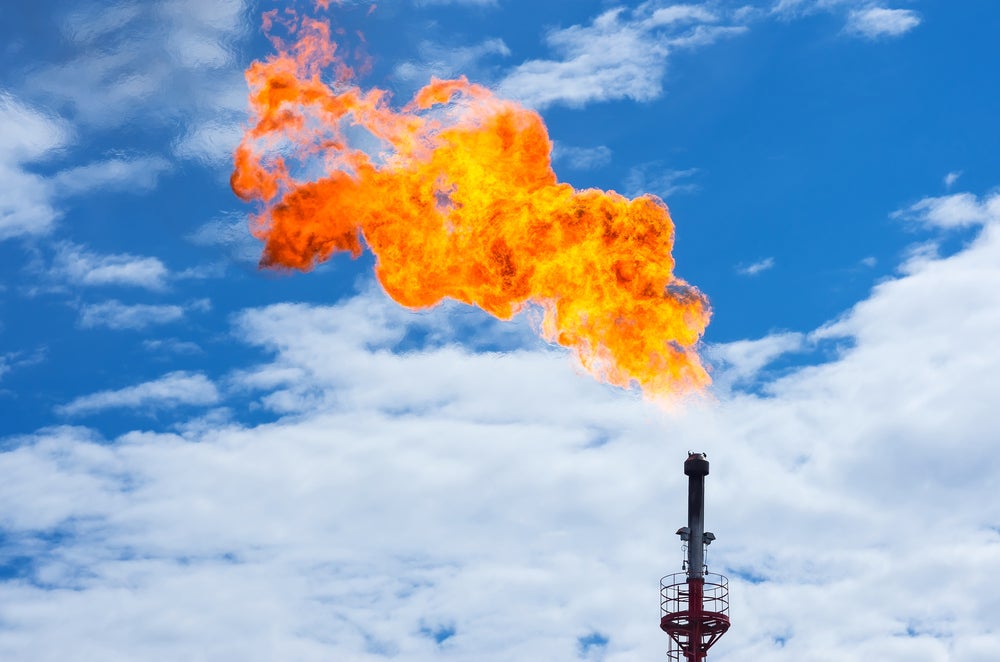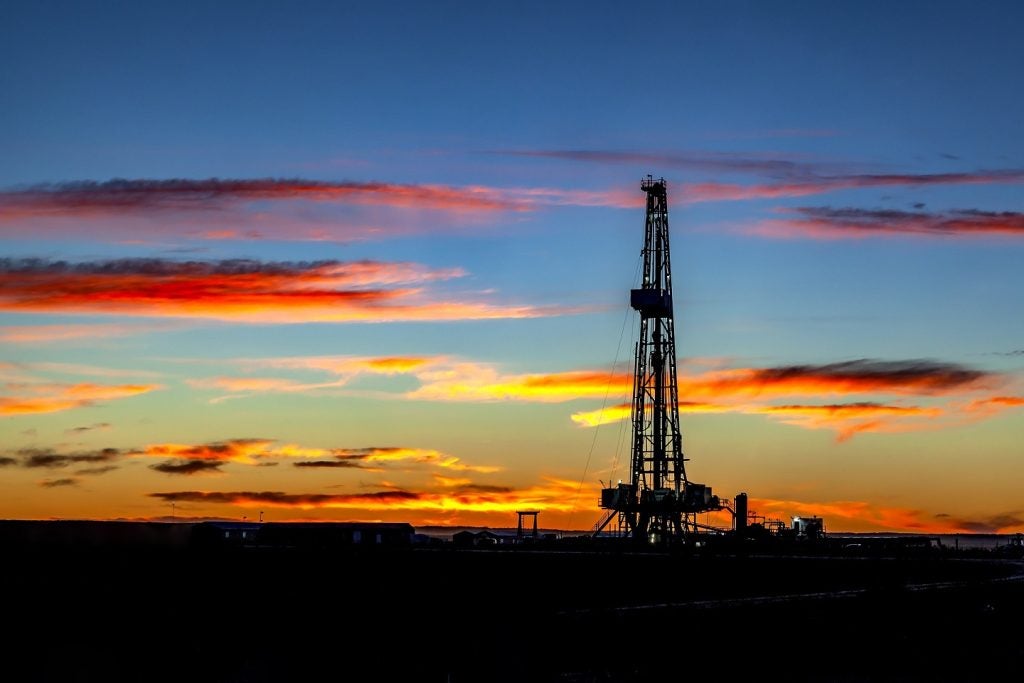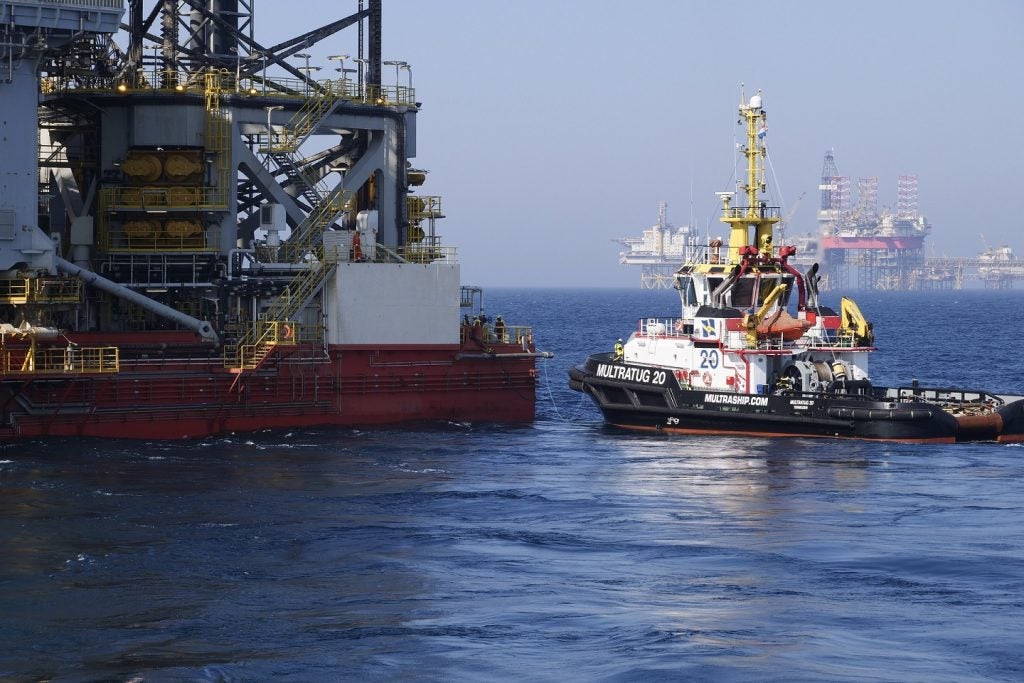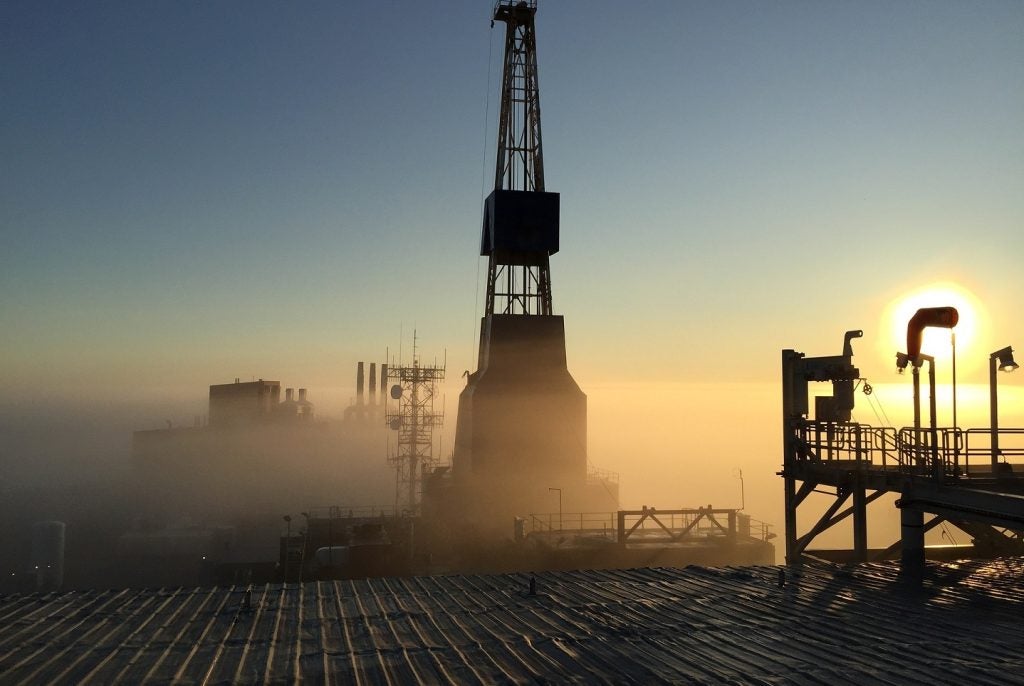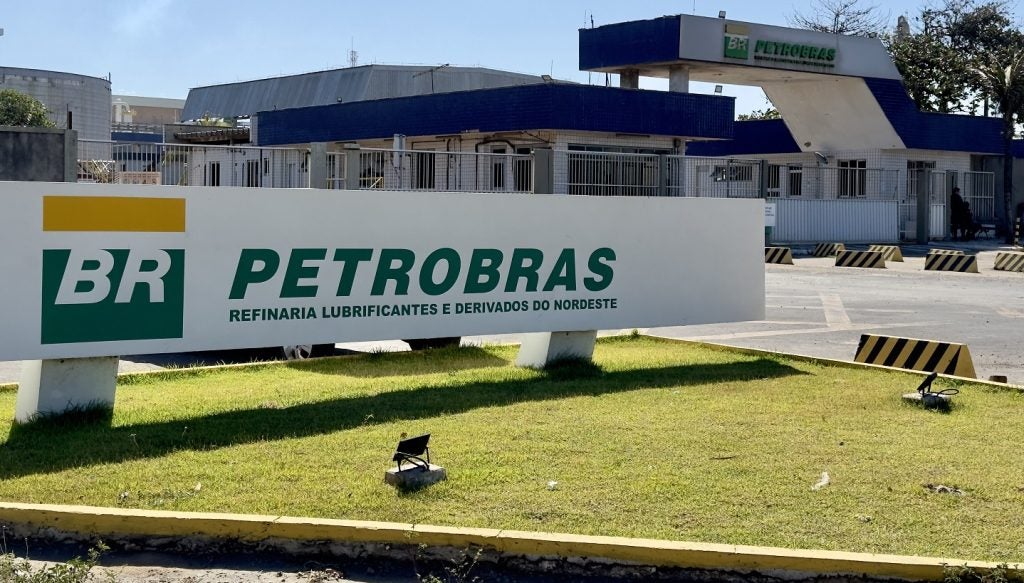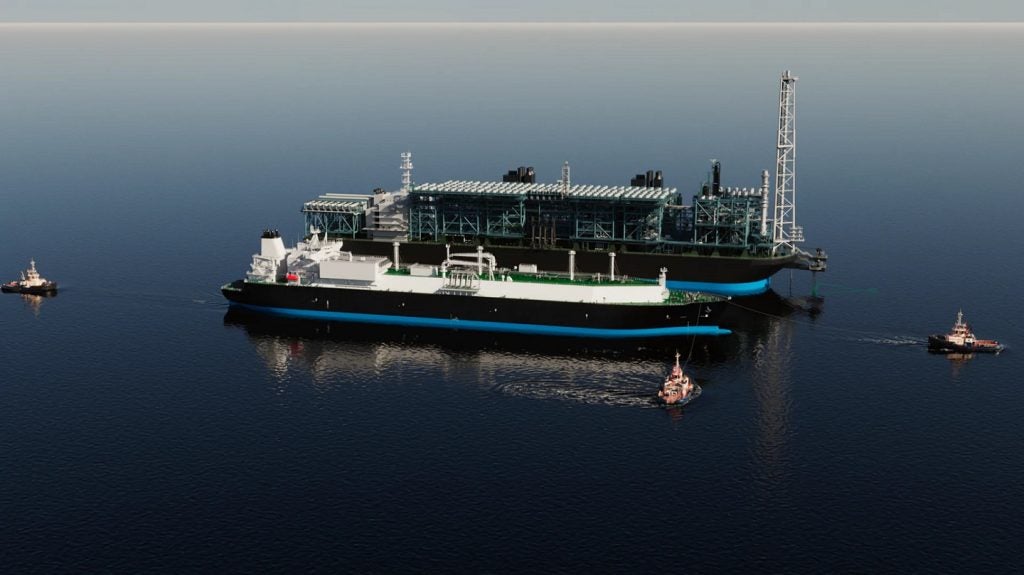Toxic pollutants released from gas flaring are putting millions more people living across the Middle East in danger than analysis first thought, according to a BBC investigation.
Non-emergency flaring, which involves the burning of excess gas during oil extraction, has been condemned by activist groups and official bodies as both wasteful and unnecessarily polluting, principally because the waste gas could be captured and transported for further use instead of being burned at its source. Oil companies often choose not to do this because it is less economical than flaring.
New research suggests that routine flaring taking place across the Gulf, including in COP28 host country the United Arab Emirates (UAE), is spreading toxic pollutants hundreds of miles and worsening air quality across the Middle East.
Although the UAE committed to ending routine flaring two decades ago, satellite imagery analysed by the BBC shows that companies operating in the country are continuing to unnecessarily flare gas daily at offshore sites, despite the potential adverse health effects on citizens of surrounding countries. The analysis also looked at the impacts of flaring at oil wells in Iraq, Iran and Kuwait.
Polluting gases produced from flaring include PM2.5, Ozone, NO₂ and benzo(a)pyrene (BaP), all of which have been linked to instances of strokes, cancer, asthma and heart disease if consumed at high levels, according to international health bodies including the World Health Organization. A BBC investigation last year found that communities in Iraq living close to oil fields owned by oil major BP were at higher risk of developing leukaemia. The UN said at the time that it considered these areas to be “modern sacrifice zones”, with bottom lines being prioritised over human life.
Studies have shown that children exposed to increased levels of PM2.5 are more likely to develop asthma and respiratory problems. Respiratory disease is one of the leading causes of death in the Middle East, and the UAE has one of the highest rates of asthma of any country in the world.
Poor air quality in the Gulf has been blamed on the region’s regular dust storms, but researchers at the public health school of Harvard University, US, found this to be untrue. "Actually, what we found out is that only 40% comes from the desert,” said Dr Barrak Alahmad. “Forty-two percent comes from sources that involve power plants, and involve the oil industry, and involves all the industry that is in Kuwait and outside of Kuwait.
"This is man-made air pollution that we can regulate, we can reduce, we can in fact eliminate," he told the BBC.
The BBC analysis comes just two days before COP28 is due to begin in the UAE, one of the world’s biggest oil producers. On Monday, documents produced by the country’s COP team were leaked to independent investigative journalists, outlining plans to use its status as host country of the climate summit to broker oil and gas deals with up to 15 different countries.


